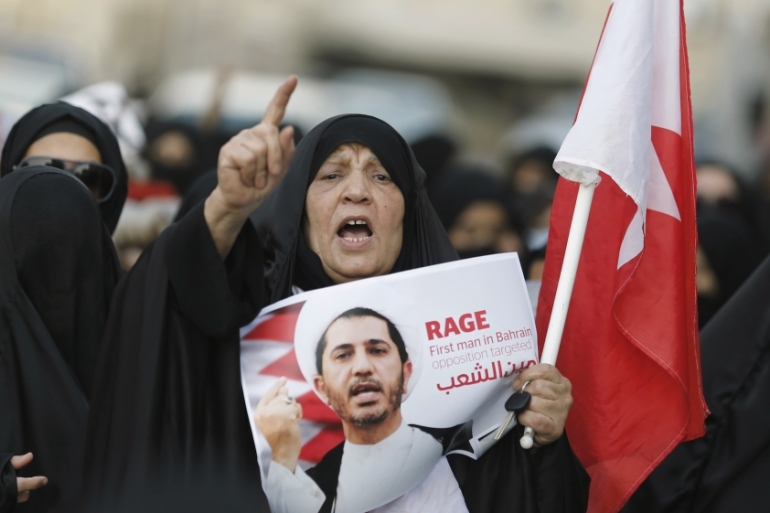lebanon (Washington Insider Magazine) -Al-Wefaq, a group which formed to oppose the Shiite majority party in Bahrain, was declared to have terrorist ties and to be undermining the government and was outlawed in the country in 2016. There are still active members, however, who most recently held a news conference in Lebanon, south of the capital of Beirut. The purpose of the news conference was to present the group’s annual human rights report. However, the Al-Wefaq group used the opportunity to criticize Bahrain’s human rights record. Al-Wefaq claimed documented evidence of over 20,000 detainees in Bahrain from 2011 to the present. That number includes hundreds of questionable arrests and forced disappearances in 2019 and 2020.
The Gulf Cooperation Council, meeting in Riyadh, described the news conference was held by “a terrorist organization with support from the terrorist Hezbollah” and called for supporting Bahrain in “any measures it takes to protect its security and stability.” Monarchies in the Gulf have been wary of and concerned by the increasing influence and power of the armed and Iranian backed Hezbollah group. The rivalry for influence in the region is nothing new between the Sunni Muslim Saudi Arabia and the Shi’ite country of Iran.
The country of Bahrain formally protested Lebanon allowing such events which spread false information which defames their county and called on Lebanon to bar such events which “are not harmonious with brotherly relations.” Lebanon’s Interior Minister Bassam Mawlawi responded this week by ordering the deportation of all non-Lebanese members of Al-Wefaq. Minister Mawlawi stated that Lebanon would not be used as a “platform for spreading hatred or hostility” towards Gulf and Arab countries. It has not yet been made clear how many members of the group will be affected by the deportation order, likely in an attempt to calm parties in a heated and rarely seen rift in the region.
There have been strong tensions in the region since October 2021, resulting in a diplomatic dispute between Lebanon and Saudi Arabia, Bahrain, Kuwait, and the United Arab Emirates. At that time, Lebanese (now former) Minister George Kordahi made remarks criticizing the Saudi-led war in Yemen. Saudi Arabia, UAE, Kuwait and Bahrain recalled their ambassadors from Lebanon and requested Lebanese envoys to leave their capitals and return to their country.
Bahrain and the UAE recalled their citizens from Lebanon. At the same time, Saudi Arabia has banned all Lebanese imports into the kingdom.
Even before his appointment of George Kordahi as Lebanon’s Information Minister, videos were shared online showing him making critical remarks about the Iran-backed Houthis “defending themselves …against an external aggression” in Yemen. He was critical of the long-running war and called for it to end. Kordahi resigned his post as minister after weeks of resistance. However, the diplomatic crisis has continued, rooted in the belief of Saudi Arabia (and the other objecting countries) that Iran has been influencing the militant Hezbollah and its supposed ally Al-Wefaq. It is believed Kordahi’s resignation this month was a condition mandated before French President Macron’s visit to the region to discuss restoring ties between Lebanon and France.


























